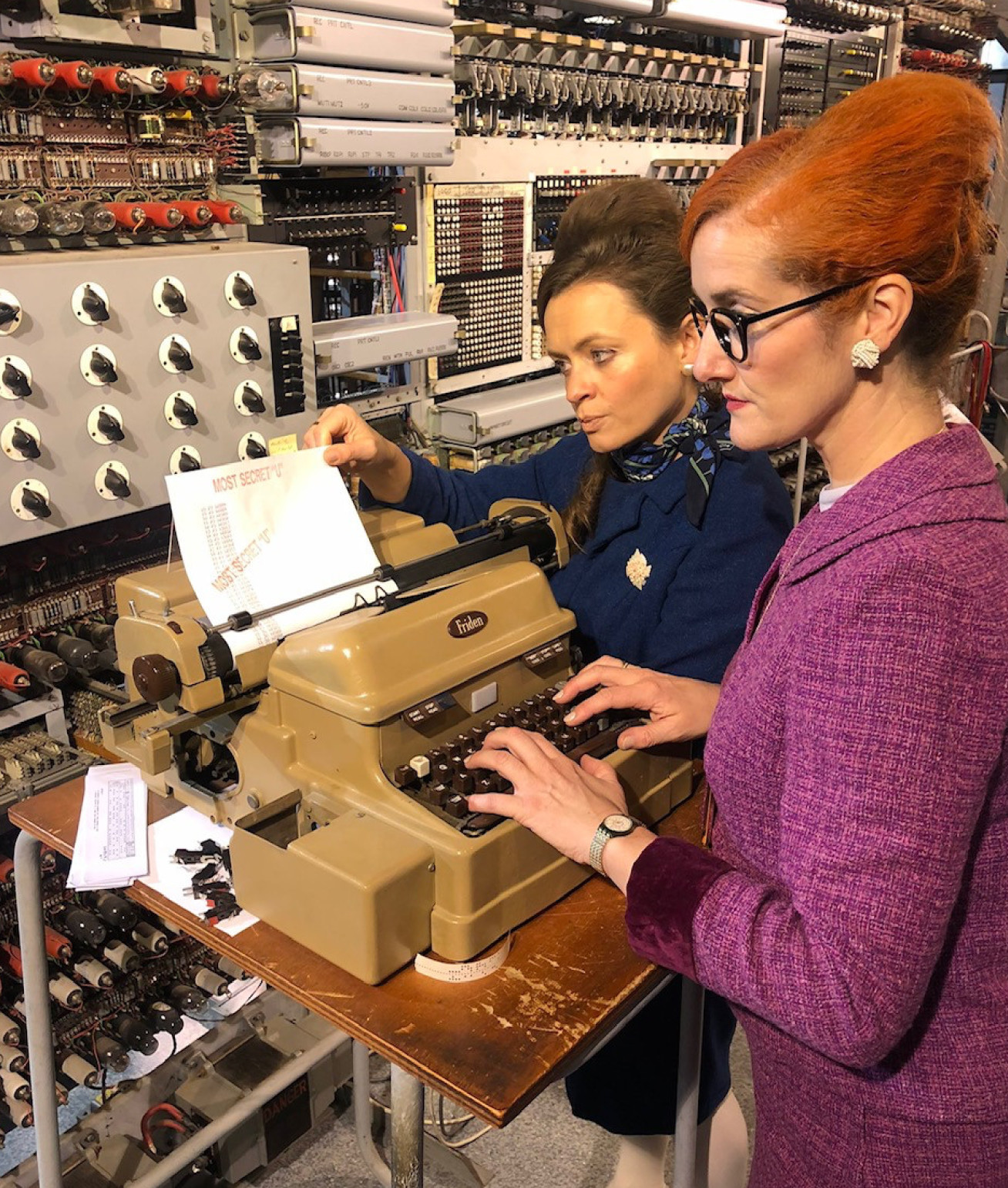Funding awarded to outreach project that supports neurodiverse students
by Ellyw Evans

A STEM outreach project led by Prof Sara Rankin for neurodiverse students is to be established as a social enterprise following a funding boost.
2eMPower, an Imperial-based outreach project for young people with specific learning disabilities (dyslexia, dyspraxia, ADHD or autism), is set to be established as a social enterprise following funding awarded from the College enterprise fund.
People with specific learning disabilities (spLD) – also referred to as neurodiverse – represent approximately 15% of the general population but only 0.9% of science, technology, engineering and mathematics (STEM) academics and 5.5% of STEM students in UK universities have a spLD, according to research conducted on behalf of the Royal Society.
Led by Professor Sara Rankin, 2eMPower offers bespoke STEM workshops and summer schools for neurodiverse students and their parents which are delivered by neurodiverse scientists and teachers. Currently, Imperial is the only UK university with this bespoke outreach offering.
Embracing neurodiversity
Research has shown that neurodiverse people have strengths in areas such as creativity, communication, collaboration and problem-solving – these strengths align with the key skills needed in STEM, as identified by the World Economic Forum. The workshops by 2eMPower are designed to support and inspire neurodiverse students to realise their strengths can be applied to STEM.
In the long-term, the team hope the project will increase the numbers of neurodiverse students applying to Imperial and thereby build the neurodiverse STEM career pipeline that STEM organisations are eager to employ.
Building capacity
Sara Rankin who is Professor of Leukocyte and Stem Cell Biology at the National Heart and Lung Institute, developed the 2eMPower project based on her personal experience as a neurodiverse student.
Prof Rankin said: “I am thrilled to receive this funding and I hope that establishing 2eMPower as a social enterprise will make it sustainable and increase the number of workshops we can deliver for underprivileged young people with specific learning differences.”
The latest funding will enable 2eMPower to build its capacity and deliver more neurodiverse workshops, particularly for underprivileged young people, and also provide a consultancy service.
Case study: Cybersecurity workshop
In December 2020, 2eMPower held an online Cybersecurity workshop for autistic pupils aged 14-17 and their parents.
The project was in collaboration with the National Museum of Computing in Bletchley Park and Angel Exit Theatre and was funded by an Ingenious award from the Royal Academy of Engineering. It was set in 1968 and was about a fictitious MI5 case. The workshop had to be adapted to an online format due to lockdown. Students received envelopes containing 'top security material' that had been sent from MI5, plus a cypher wheel and working in small groups with a facilitator, took part in a series of interactive problem-solving activities.

The feedback received from students and parents was overwhelmingly positive: "I really appreciated the opportunity for my son to take part in a workshop that was made accessible for autism but also provided activities that were actually challenging."
If anyone is interested in getting involved in the 2eMPower project in terms of helping to develop or deliver future workshops please contact Prof Sara Rankin.
Article text (excluding photos or graphics) © Imperial College London.
Photos and graphics subject to third party copyright used with permission or © Imperial College London.
Reporter
Ellyw Evans
Faculty of Medicine Centre